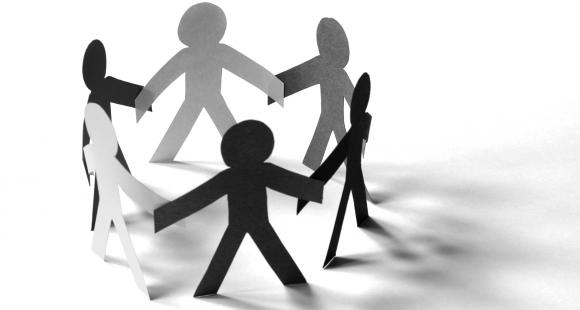There are many influences that comes into play when coping with stressors in life. Our family plays a significant role in how we cope with everyday stress. We learn from our parents. If our parents responded to stress by withdrawing it is natural we develop this coping strategy as we mature. How about other role models in your life? Did they deal with stress by screaming or heightened all problems as emergencies? Most likely, you emulate techniques seen by adults in your life to resolve your problems. Those who have medical diagnoses will require additional techniques to successfully handle challenges. Regardless of underlying factors, it is important to develop healthy coping strategies.
Triggers
Commonly people crash and burn during crises simply because of involved trigger(s). Triggers are things such as events, people, places, and memories to name a few. Depending on the individual these triggers can cause mild to severe responses. Triggers are as small as stressing out about classes, sleep deprived, procrastinating with job duties, and being frustrated. Some other triggers which may cause some challenges are having low self-worth, questioning sexuality, and anxiety. Let say you experienced infidelity in a relationship which resulted in contracting a sexually transmitted disease. This trigger can result in various responses and the individual may or may not cope well. Another example is when someone experienced a recent death of a loved one or witnessed a violent crime. Therefore, identify ways to cope with these stressors will make a world of difference for whomever dealing with these triggers.
Coping Strategies
How will I identify coping strategies? Most likely, you already have an idea of things that have already helped you to cope. It is helpful to ask yourself whether or not the coping strategies were healthy. In addition, think of many coping strategies to address your mental, physical, social, and behavioral functioning. There are things a person can mentally do to cope such as attending therapy, listening to music, reading, taking a nap, and listing ten positive qualities about themselves. To cope physically, a person can exercise, take deep breaths, use movement breaks, and paint. Next, it is important to develop coping strategies to help socially such as talking to friends, turning off all electronics (This is correct!), and attending NA/AA meetings. Some things a person should do behaviorally to cope is to use fidgets, journaling, attend group therapy, use positive self-talk, and smell a relaxing scent.
Disadvantages
Some examples of unhealthy coping strategies may be going through your head as you read this. You may at some point presently or in the past partaken in these techniques. Many high risk strategies such as self-injurious behaviors, being promiscuous, and using drugs are considered unhealthy coping strategies. By using these techniques, the person receives temporary gratification, put a delay in addressing problems and achieving positive outcomes. People may use other methods of isolation, self-blaming, self-criticizing, and other distorted thinking which impedes their self-esteem as well as other interpersonal relationships. Subsequently, the person should refrain from engaging in unhealthy coping mechanisms and shift towards more active coping to promote lasting results.
Advantages
Using healthy coping strategies allow the person to deal with different levels of problems with better success. As times goes on, life becomes easier when you are able to develop and utilize active coping strategies. For example, the person will have less medical concerns where (he, she, they) will decrease in medical visits. Individuals will find themselves relaxing more where taking breaks will be the norm, staying in the moment, and utilizing more self-care. Next, the person will have more vitality for things. Individuals will have improvements in interactions with themselves and others. Individuals will see a difference in how to approach life, show self-love, socialize, and engage in other relationships. Lastly, the inner self will have more peace with life than ever before.
Consequences
Individuals who refuse to use coping strategies will face some level of consequences. For example, using words or statements in situations which does not warrant an emergency response. This includes when a person states (he, she, they) are going to kill myself. In reality, the person is only angry and (he, she, they) do not have any intentions of doing so. This potentially puts the person in the situation of being assessed for mental health services and/or others minimizing the person’s actions based on the regularity of the comments. How about being around Complaining Colin or Negative Nancy? Who really wants to be around someone who complains all the time? A person exhibiting these behaviors may become ostracized by their peers. Some other consequences a person may experience are feelings of sadness, hopelessness, and unmotivated. Some severe triggers may lead the person to lose control, become hospitalized, and potentially die. It is very imperative to develop and maintain healthy coping strategies in life.
It begins with….
With all that being said, you have to make an informed decision on whether to cope or not to cope. Simply being reactive to adversaries does nothing but exacerbate problems. It takes away your voice and power you possess in any situation. Lastly, your future self will appreciate your choice if you make the decision to cope differently.
"PROBLEMS ARE NOT THE PROBLEM; COPING IS THE PROBLEM"
- VIRGINIA SATIR

